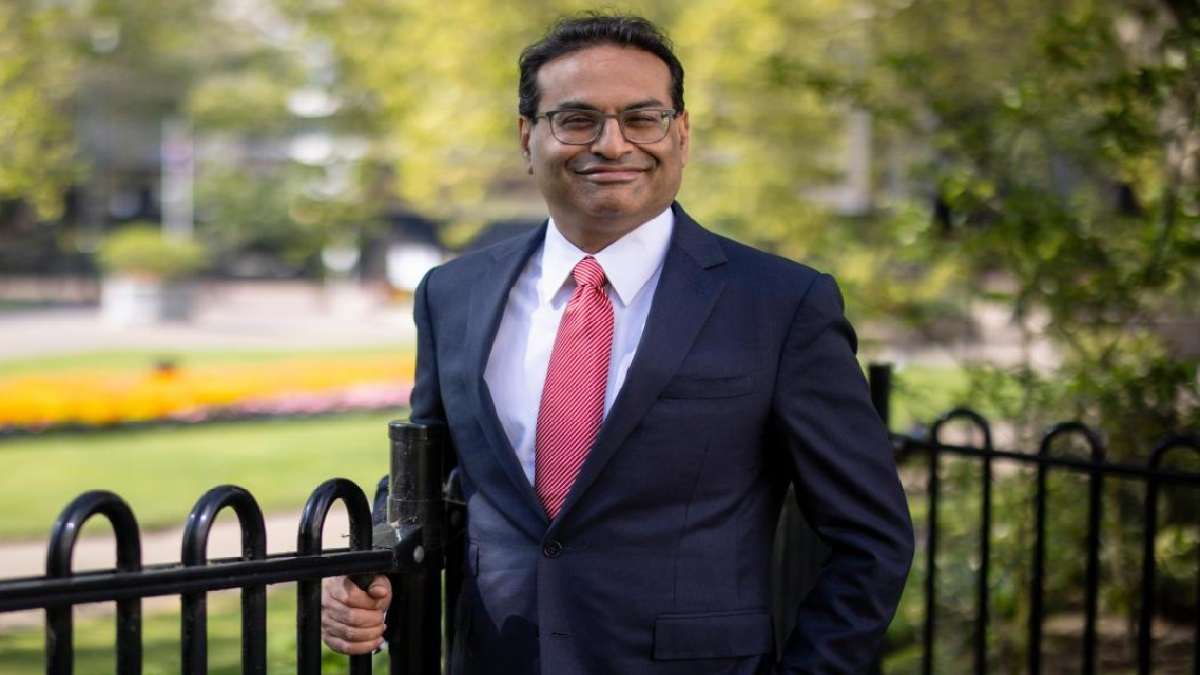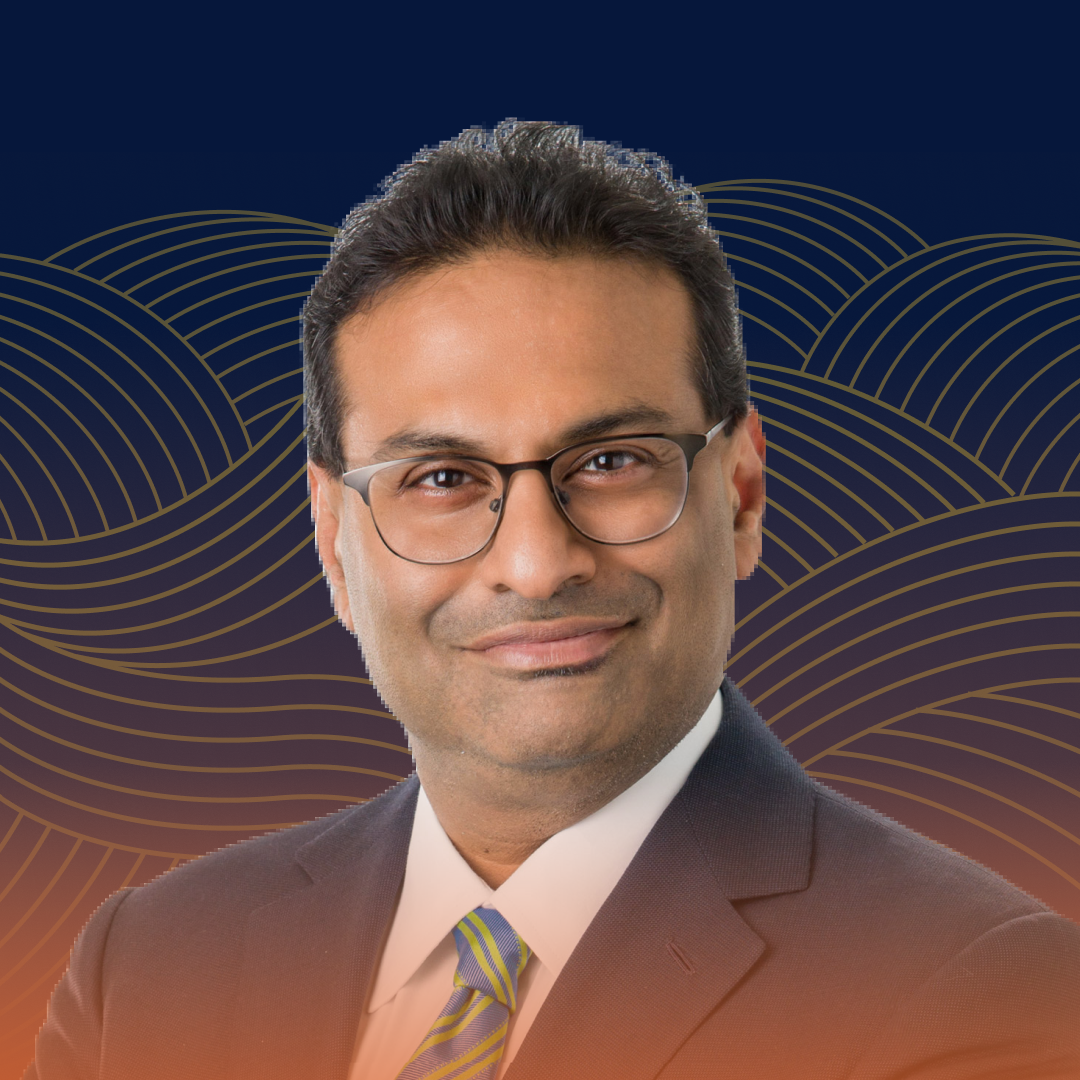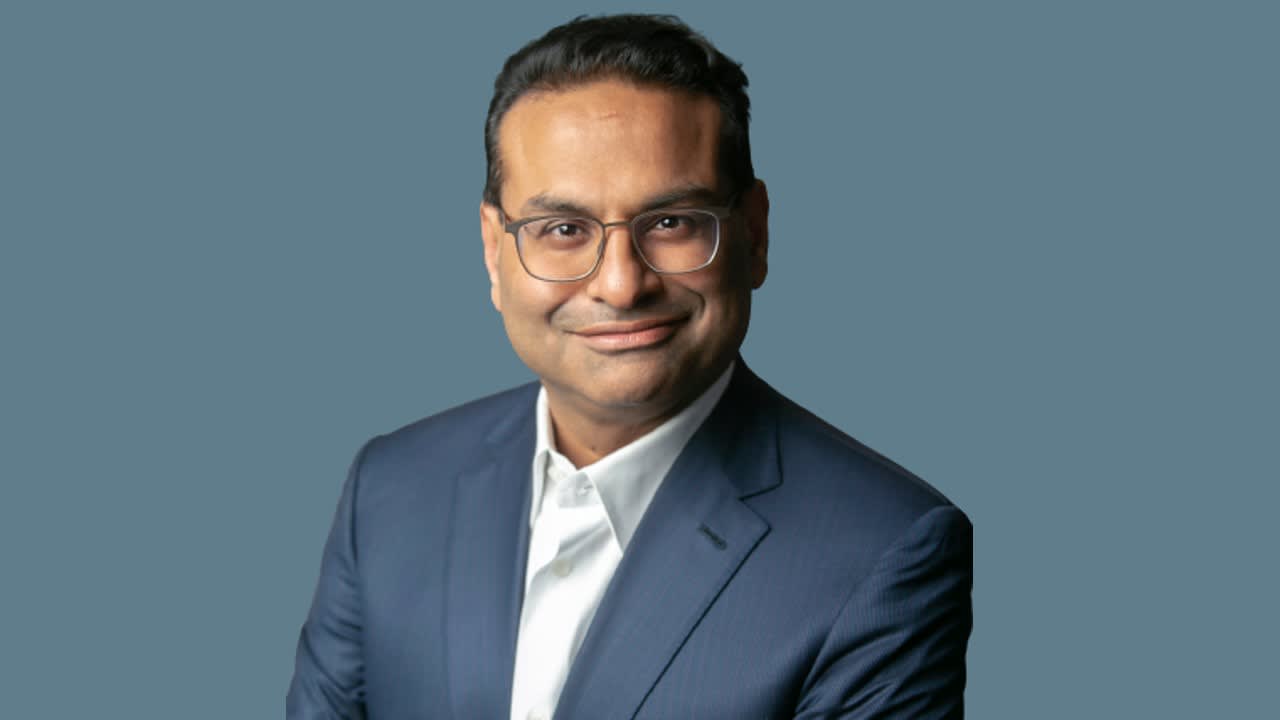Laxman Narasimhan’s Career Journey

Laxman Narasimhan, the current CEO of Starbucks, has a distinguished career spanning over two decades in global consumer goods and beverage industries. He has held leadership positions at prominent companies like PepsiCo, Reckitt Benckiser, and Starbucks, showcasing his strategic acumen and adaptability across different industries. His journey is marked by consistent growth, innovative initiatives, and a focus on building strong brands and driving sustainable business outcomes.
Key Roles and Accomplishments
Narasimhan’s career trajectory demonstrates his ability to navigate complex business environments and deliver consistent results. He has held several key roles, each contributing to his overall experience and expertise.
- PepsiCo (1999-2012): Narasimhan began his career at PepsiCo, working in various roles across the organization. He served as the CEO of PepsiCo’s Quaker Foods North America, where he led the turnaround of the iconic brand. He also held the position of CEO of PepsiCo’s Latin America Beverages, overseeing operations in a region with significant growth potential. His success in these roles laid the foundation for his future leadership positions.
- Reckitt Benckiser (2012-2019): In 2012, Narasimhan joined Reckitt Benckiser, a global consumer goods company, as Chief Commercial Officer. He quickly rose through the ranks, becoming the company’s CEO in 2019. During his tenure at Reckitt Benckiser, Narasimhan led a significant transformation, focusing on innovation, brand building, and digital transformation. He also implemented a strategy to streamline the company’s portfolio and improve its operational efficiency.
- Starbucks (2019-Present): In 2019, Narasimhan was appointed as the CEO of Starbucks, a global coffeehouse giant. He joined the company after a successful tenure at Reckitt Benckiser, bringing his experience in leading large-scale organizations and driving growth to the coffee giant. He is currently leading Starbucks through a period of significant transformation, focusing on digital innovation, customer experience, and sustainability.
Strategic Decisions and Leadership Styles
Narasimhan’s success is attributed to his strategic decision-making and leadership style. He has demonstrated a consistent approach to leadership, emphasizing collaboration, innovation, and a focus on building strong brands.
- Collaborative Leadership: Narasimhan is known for his collaborative leadership style, fostering a culture of open communication and teamwork. He encourages diverse perspectives and values input from all levels of the organization. His approach has been instrumental in driving innovation and fostering a sense of shared purpose.
- Data-Driven Decision-Making: Narasimhan is a strong believer in data-driven decision-making. He uses data analytics to gain insights into consumer behavior, market trends, and operational efficiency. This approach allows him to make informed decisions and drive strategic initiatives.
- Focus on Brand Building: Narasimhan understands the importance of strong brands in driving business growth. He has consistently invested in building and strengthening brands, ensuring they resonate with consumers and drive customer loyalty. His efforts have resulted in significant brand value creation and market share gains.
Leadership Approach at PepsiCo and Reckitt Benckiser
Narasimhan’s leadership approach has evolved over time, reflecting his experiences and the different industries he has worked in. While there are similarities in his approach, there are also key differences in how he has led at PepsiCo and Reckitt Benckiser.
- PepsiCo: At PepsiCo, Narasimhan focused on operational efficiency and cost optimization. He implemented lean management practices and streamlined processes to improve productivity. His approach was driven by the need to optimize operations in a highly competitive industry.
- Reckitt Benckiser: At Reckitt Benckiser, Narasimhan shifted his focus to innovation and brand building. He recognized the need to differentiate the company’s products in a crowded market. He implemented a strategy to invest in new product development and digital marketing initiatives to enhance brand awareness and customer engagement.
Starbucks Leadership Under Narasimhan

Laxman Narasimhan took the helm of Starbucks in April 2023, inheriting a company grappling with evolving consumer preferences, heightened competition, and the need to address employee concerns. Narasimhan’s leadership is poised to navigate these challenges while shaping Starbucks’ future trajectory.
Key Challenges and Opportunities
Narasimhan’s tenure at Starbucks is marked by a set of challenges and opportunities that require strategic maneuvering.
- Maintaining Customer Loyalty: Starbucks faces the challenge of retaining customer loyalty amidst growing competition from other coffee chains and independent coffee shops. Narasimhan must address changing consumer preferences and cater to evolving tastes while preserving the brand’s core identity.
- Enhancing Employee Morale: Starbucks has faced criticism regarding employee working conditions and compensation. Narasimhan must foster a positive and supportive work environment to attract and retain talent, ensuring employee well-being and satisfaction.
- Navigating Economic Uncertainty: The global economic landscape presents challenges, including inflation and supply chain disruptions. Narasimhan must navigate these headwinds while ensuring Starbucks’ financial stability and profitability.
- Leveraging Digital Transformation: Starbucks has embraced digital channels for ordering and payment, but further innovation is needed to enhance customer experience and streamline operations. Narasimhan must continue to invest in digital technologies and explore new opportunities to improve efficiency and engagement.
- Expanding Global Presence: Starbucks continues to expand its global footprint, seeking to reach new markets and cater to diverse consumer demographics. Narasimhan must navigate cultural differences and adapt to local preferences to ensure successful international expansion.
Narasimhan’s Vision for Starbucks’ Future
Narasimhan’s vision for Starbucks is rooted in three key strategic priorities:
- Customer Experience: Narasimhan prioritizes delivering a personalized and seamless customer experience across all channels, focusing on digital innovation, personalized offerings, and enhanced store environments.
- Employee Empowerment: Narasimhan aims to create a culture of employee empowerment, fostering a positive work environment, promoting career growth, and recognizing employee contributions.
- Sustainable Growth: Narasimhan emphasizes sustainable growth by focusing on environmental responsibility, ethical sourcing, and community engagement.
Impact of Narasimhan’s Leadership, Ceo laxman narasimhan
Narasimhan’s leadership is expected to have a significant impact on Starbucks’ financial performance, customer experience, and employee morale.
- Financial Performance: Narasimhan’s focus on operational efficiency, digital innovation, and global expansion is anticipated to drive revenue growth and profitability.
- Customer Experience: Narasimhan’s emphasis on personalization and digital transformation is expected to enhance customer satisfaction and loyalty, leading to increased repeat business and positive brand perception.
- Employee Morale: Narasimhan’s commitment to employee empowerment and well-being is expected to boost employee morale, leading to increased productivity, reduced turnover, and improved customer service.
Industry Impact and Future Outlook: Ceo Laxman Narasimhan

Laxman Narasimhan’s leadership at Starbucks is poised to have a significant impact on the global coffee industry, influencing both domestic and international markets. His extensive experience in consumer goods and global markets, coupled with his focus on innovation and digital transformation, positions Starbucks for continued growth and adaptation to evolving consumer preferences.
Key Trends Shaping the Future of the Coffee Industry
The coffee industry is experiencing rapid evolution driven by several key trends. These trends present both opportunities and challenges for Starbucks, and Narasimhan’s leadership will be crucial in navigating this dynamic landscape.
- Growing Demand for Specialty Coffee: Consumers are increasingly seeking higher-quality, ethically sourced coffee experiences. This trend is fueled by rising disposable incomes, increased awareness of sustainability, and a growing appreciation for unique flavor profiles. Starbucks is well-positioned to capitalize on this trend with its focus on premium coffee beans, artisanal brewing methods, and collaborations with coffee farmers.
- Digital Transformation: The rise of e-commerce, mobile ordering, and personalized experiences is transforming how consumers interact with coffee brands. Starbucks has made significant strides in digital transformation, with its mobile app offering seamless ordering, loyalty programs, and personalized recommendations. Narasimhan’s focus on digital innovation will further enhance Starbucks’ digital capabilities, ensuring its continued relevance in the evolving digital landscape.
- Sustainability and Ethical Sourcing: Consumers are increasingly demanding transparency and ethical practices from brands. Starbucks has made significant commitments to sustainability, including sourcing ethically grown coffee beans, reducing its environmental footprint, and supporting coffee farmers. Narasimhan’s leadership will likely continue to prioritize sustainability initiatives, reinforcing Starbucks’ reputation as a responsible and ethical brand.
- Health and Wellness: Consumers are increasingly health-conscious, seeking healthier alternatives to traditional coffee beverages. Starbucks is responding to this trend by offering a wider range of plant-based options, healthier milk alternatives, and low-sugar beverages. Narasimhan’s focus on innovation will likely drive further development of healthy and sustainable beverage options, catering to evolving consumer preferences.